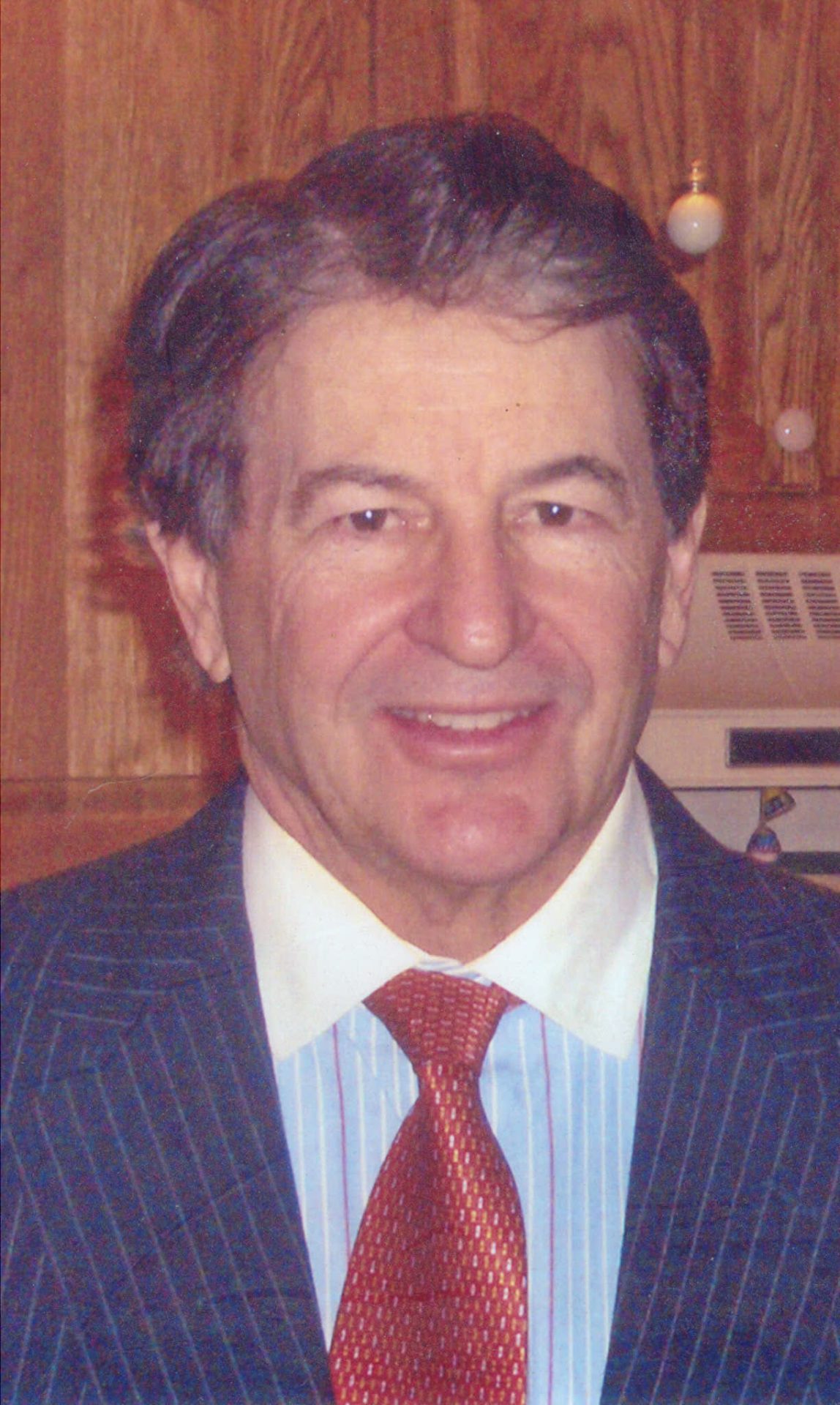By Paul Hyde
It’s Christmastime, and some politicians are honoring this holy season by doing their best impersonation of the unrepentant Scrooge.
A few scenes from South Carolina’s Dickensian nightmare:
• More than 63,000 South Carolina children have been dropped from the Medicaid rolls in recent months.
• Nutritional benefits for low-income South Carolina families were slashed by 26% this year.
• In the past year, members of South Carolina’s congressional delegation — the people we trust to have our backs — have voted against heating assistance, caps on the price of insulin and the expanded child tax credit, among other family benefits.
• Meanwhile, South Carolina remains one of only 10 states in the nation that refuse to expand Medicaid, which could provide health care coverage for an additional 350,000 low-income South Carolinians.
Christmas 2023 finds many Americans at the best of times and many others at the worst of times, to paraphrase Dickens. The top 1% of American earners now own more wealth than the entire middle class. On the other end of the economic scale, homelessness hit a record high after a dramatic increase of 12% this year, including 7% among veterans.
What to make of all of this? One thing is certain: South Carolinians, like most Americans, are not so ungenerous as the people who often represent us.
You can find the true spirit of South Carolinians in the Salvation Army bell-ringers at your local Walmart, the folks raising money for Toys for Tots, the people restocking the shelves in your local food banks, and in your local United Way campaigns.
Christmas brings out the best in South Carolinians. Maybe we can eventually bring our politicians around, too.
December is the season of outsized generosity. Almost one-third of annual charitable donations take place during this month alone. Yes, some of that has to do with tax breaks, but I believe for most people it’s all about the Christmas spirit.
As Dickens put it in A Christmas Carol: “I have always thought of Christmastime as a good time: a kind, forgiving, charitable, pleasant time: the only time I know of, in the long calendar of the year, when men and women open their shut-up hearts freely, and think of people below them as if they really were fellow-passengers to the grave, and not another race of creatures bound on other journeys.”
Americans love A Christmas Carol. Theater groups across the nation perform the stage adaptation of Dickens’ classic as ballet troupes dance “The Nutcracker” and choral ensembles offer Handel’s “Messiah.” In America, these three works have become a mandatory part of many holiday celebrations.
They speak to the sacredness (“Messiah”), the joy and magic (“Nutcracker”), and the kindness and generosity (“Carol”) of Christmas.
I caught a fine production of “Carol” recently at Clemson’s Little Theatre. The entire run was sold out.
No surprise there. Dickens’ story of the callous miser who is redeemed through the intervention of three spirits, written by an Englishman in 1843, reminds Americans of the better angels of our nature, helping us to focus our minds and hearts on the things that really matter: friendship, family, and caring for those who struggle.
One of Dickens’ great themes centers on the family of humanity, an idea that holds great appeal for a democratic country whose founding motto was “E pluribus unum” (“Out of the many, one”).
Yes, Americans seem fiercely divided these days, but the American spirit (“One nation, under God, indivisible”) seeks to bring us together. Perhaps the most striking moment in “Carol” is when the allegorical children called “Ignorance” and “Want” take the stage. These two things, Dickens warns us, spell doom for any society: poverty and the willful ignorance of the suffering of others.
We love Dickens’ “Carol” because it reminds us of what we know so well: that we shall be judged by how we treat the least among us.
Paul Hyde is a longtime journalist and teacher in the Upstate. He worked 18 years for the Greenville News as a columnist, editorial writer, education reporter and arts writer. He holds undergraduate and graduate degrees from Clemson and Harvard universities. He has written for the Houston Chronicle, Dallas Morning News and USA Today, among other publications. He currently is a regular contributor to the Greenville Journal, Atlanta Journal-Constitution and Classical Voice North America.









